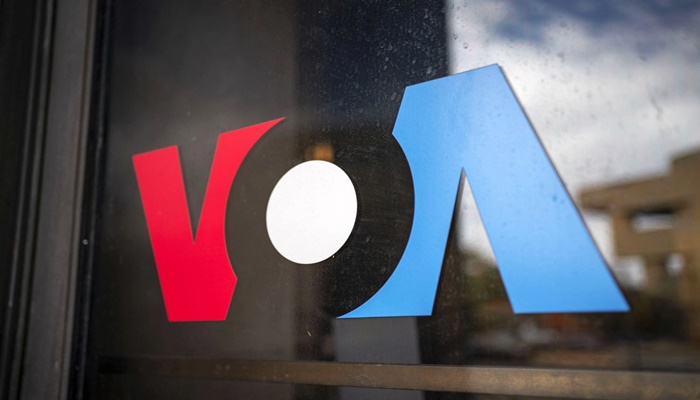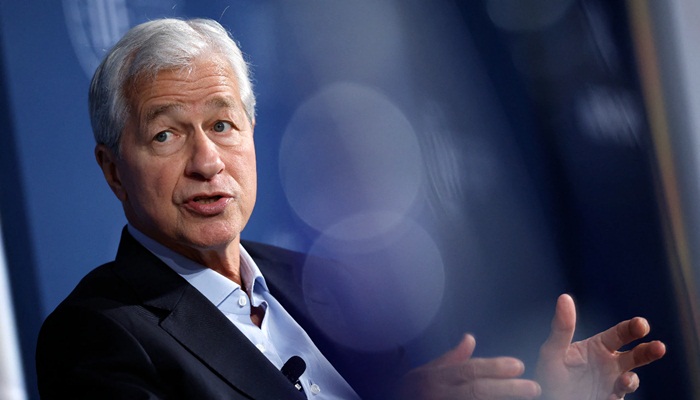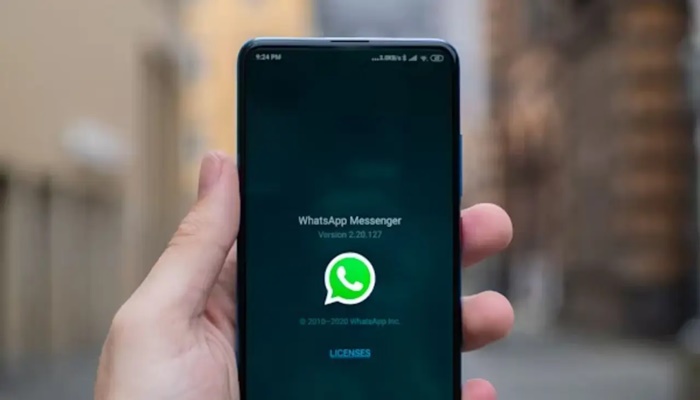The United States House of Representatives has banned WhatsApp on all government devices. According to the US House, the ban centres on the lack of data protection and encryption mechanisms, which could leave the data of the government staffers vulnerable to leaks and hacks. The decision comes at a time when the US government is clamping down on Meta over an antitrust case with the Federal Trade Commission related to the acquisition of WhatsApp and Instagram.
“The Office of Cybersecurity has deemed WhatsApp a high-risk to users due to the lack of transparency in how it protects user data, absence of stored data encryption, and potential security risks involves with its use,” said Catherine Szpindor, the Chief Administrative Officer for the US House in an email to staff. The employees are not allowed to download or keep WhatsApp on their phones, PCs, or browsers, and if they have an instance, “you will be contacted to remove it.” The US House employs more than 10,000 staffers, many of whom rely on WhatsApp for daily office communication.
“Protecting the People’s House is our topmost priority, and we are always monitoring and analysing for potential cybersecurity risks that could endanger the data of House Members and staff,” Szpindor told CNBC.
Countering the claims made by the CAO, Meta spokesperson Andy Stone said the company disagrees with its characterisation “in the strongest possible terms.” He underscored the end-to-end encryption standard used in WhatsApp, which makes any interception of chats almost impossible. “This is a higher level of security than most of the apps on the CAO’s approved list that do not offer that protection,” Stone wrote in a post on X (formerly Twitter), highlighting that “members and their staffs regularly use WhatsApp.”
Stone has likely referred to apps such as Microsoft Teams, Signal, and Apple’s iMessage, some of which do not offer end-to-end encryption, a security standard that encrypts data at both source and destination. While CAO’s claim that the WhatsApp data of US House staff is vulnerable has not been substantiated, the ban could be an outcome of the lack of transparency in handling metadata and optional encryption for message backups. The government has repeatedly asked Meta to provide it with the keys necessary to decrypt data of chats deemed important under national security concerns.
The US House’s latest order also comes days after Meta introduced advertisements in WhatsApp in an effort to monetise the world’s most popular chat app with over 3 billion monthly active users globally.




















